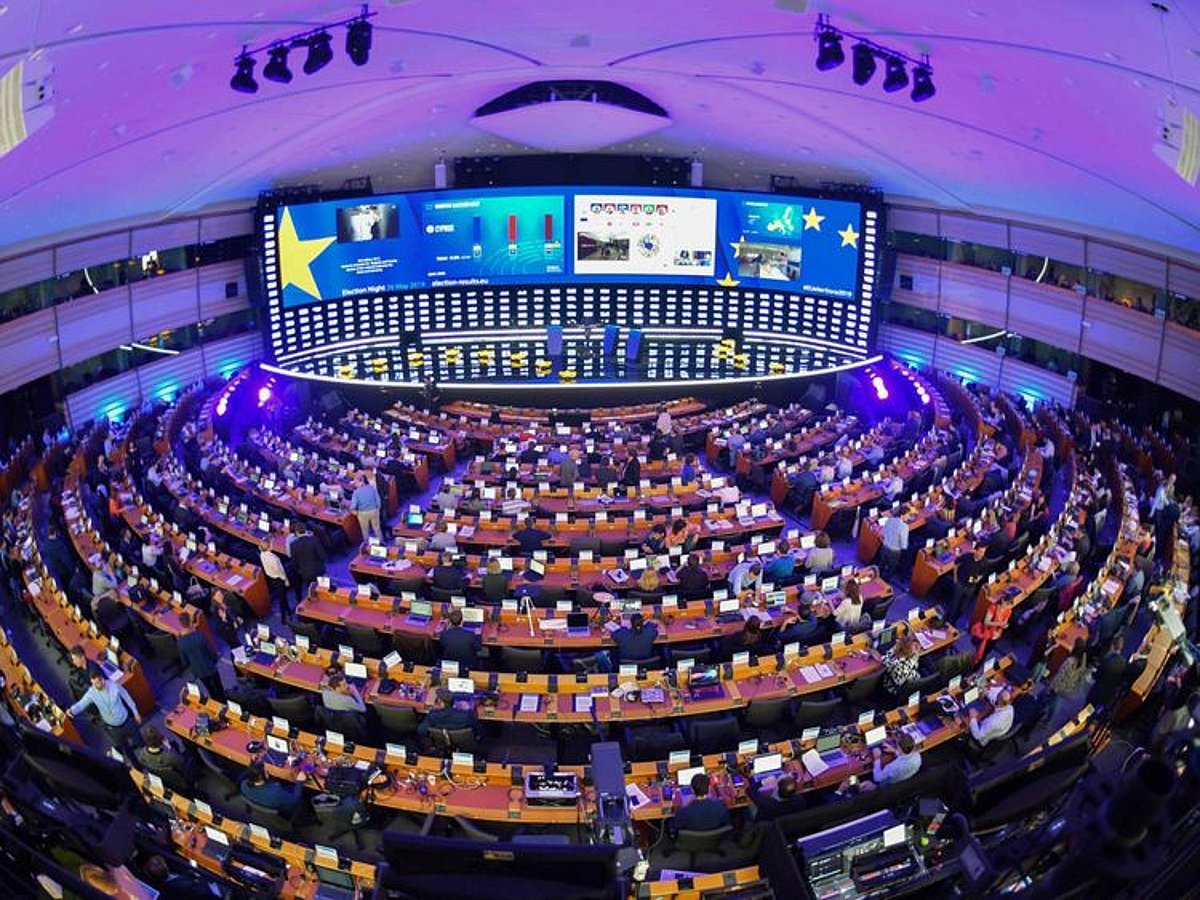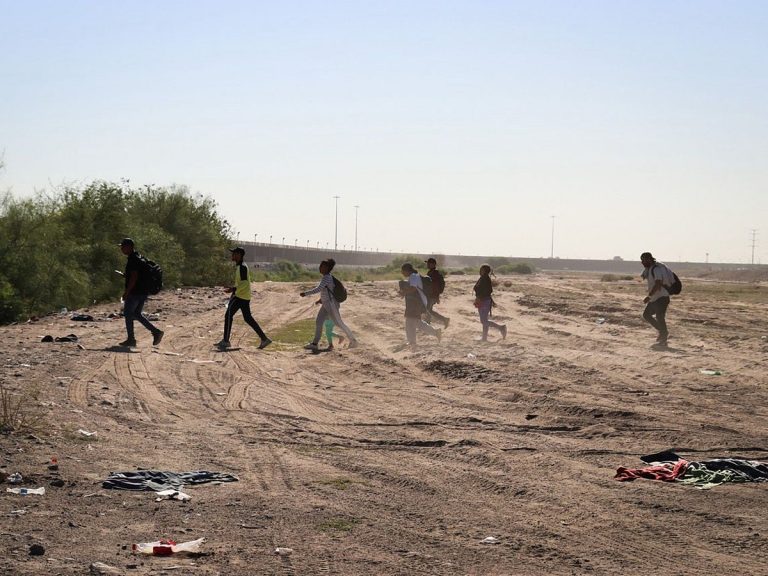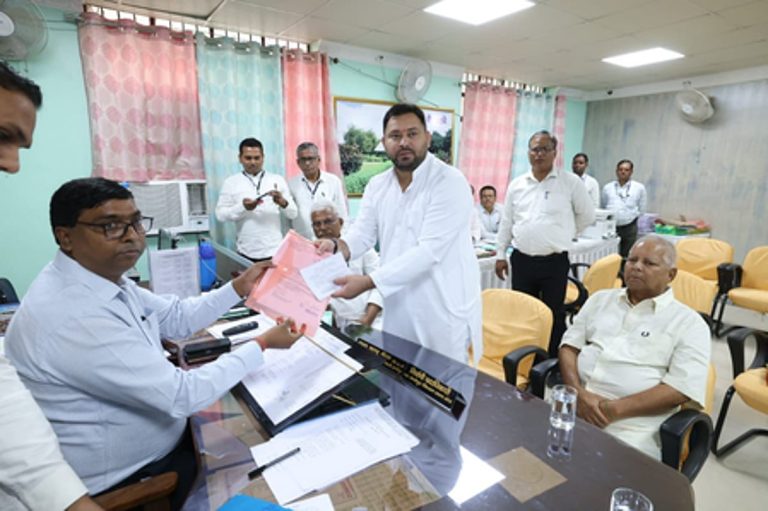Emirati Researcher Advocates for Youth at European Parliamen
Attending a session at the European Parliament in Brussels was a transformative experience for a young Emirati researcher. This opportunity not only represented a personal milestone but also highlighted the importance of dialogue in addressing global issues like extremism. The event underscored the need for diverse perspectives in shaping effective policies.
A Historic Venue for Meaningful Dialogue
Walking through the European Parliament, I was struck by the building’s historical significance and the weight of responsibility it carries. As a 26-year-old Emirati researcher representing the UAE and TRENDS Research & Advisory, I felt both pride and humility. This venue is where ideas converge to influence the lives of millions, and I was honored to contribute to such vital discussions.
The Importance of Youth Representation
My presence at the Parliament reflects the UAE’s commitment to empowering its youth and including them in decision-making processes. Speaking on extremism, a core focus of our research at TRENDS, I recognized the responsibility that comes with this opportunity. I aimed to highlight the critical role of education in preventing radicalization, emphasizing that schools can either nurture or hinder young minds.
A Collaborative Approach to Combat Extremism
The session, organized by the International Movement for Peace & Coexistence (IMPAC) in partnership with MEP Antonio López-Istúriz White, brought together Members of the European Parliament and thought leaders from various religious backgrounds. This collaboration enriched the dialogue, illustrating that addressing extremism requires a multifaceted approach that includes diverse voices.
The Power of Shared Experiences
As I engaged with MEPs, policymakers, and fellow researchers, I felt a profound sense of belonging. It was a pivotal moment when I realized that my contributions mattered. My speech emphasized that extremism transcends religion, culture, and geography. Historical examples demonstrate that it arises from fear and division, making it crucial to address these underlying issues, especially concerning youth radicalization in Europe.
Meaningful Conversations Beyond Formal Speeches
What resonated most during the event were the candid discussions that took place beyond the formal speeches. Topics such as polarization, the influence of extremist groups, and the role of youth in fostering resilient societies were openly explored. These conversations reinforced my belief that meaningful progress often starts with small, honest exchanges rather than official declarations.
Recommendations for Future Action
In my speech, I proposed three key areas for urgent action: enhancing preventive education, fostering inclusive dialogue and resilient communities, and supporting research-based collaborations to counter extremist networks. These recommendations aim to create a more comprehensive strategy for addressing extremism.
A Renewed Sense of Purpose
Leaving the Parliament, I felt invigorated and committed to continuing the dialogue on extremism. This experience reaffirmed my belief that research and open communication are essential tools for building bridges and promoting peace. I hope this marks the beginning of many more conversations focused on confronting extremism with empathy and cooperation.
FAQs
What was the main focus of the speech delivered at the European Parliament?
The speech focused on the role of education in combating radicalization and extremism, emphasizing how schools can either prevent or facilitate the spread of extremist ideologies.
Who organized the session at the European Parliament?
The session was organized by the International Movement for Peace & Coexistence (IMPAC) in collaboration with MEP Antonio López-Istúriz White, bringing together various stakeholders to discuss extremism.
What recommendations were made for addressing extremism?
The recommendations included strengthening preventive education, promoting inclusive dialogue and resilient communities, and supporting research-based collaborations to counter extremist networks.
Conclusion
The opportunity to speak at the European Parliament was a significant moment for a young Emirati researcher, highlighting the importance of youth involvement in global discussions. By advocating for education and dialogue, we can work towards a future that effectively addresses the challenges of extremism. This experience serves as a foundation for ongoing conversations aimed at fostering understanding and cooperation across borders.
The European Parliament serves as a crucial platform for international dialogue, where representatives from various nations come together to address pressing global issues. This collaborative environment fosters the exchange of ideas and strategies that can lead to innovative solutions. The emphasis on youth involvement in such discussions reflects a growing recognition of the importance of engaging younger generations in shaping future policies.
The role of education in preventing radicalization is increasingly acknowledged by policymakers worldwide. Educational institutions are seen as vital arenas for promoting critical thinking, tolerance, and understanding among students. By equipping young people with the tools to navigate complex social issues, educators can help mitigate the factors that contribute to extremism.
Furthermore, the collaboration between different stakeholders, including governmental bodies, non-governmental organizations, and academic institutions, is essential for creating a united front against extremism. This multifaceted approach not only enhances the effectiveness of interventions but also ensures that diverse perspectives are considered in the development of comprehensive strategies.
Also Read:
UAE Traffic Update: Heavy Delays on Key Dubai Routes Including E11 and E311







